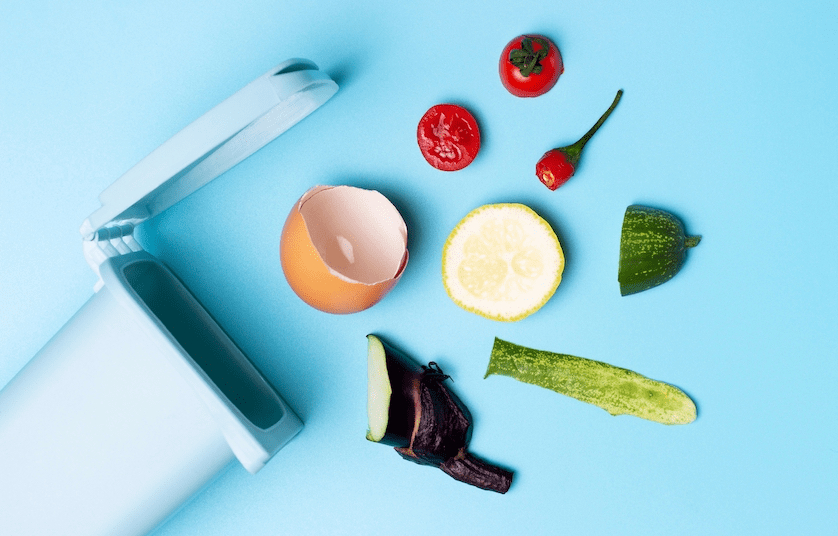Packaging made from vegetable waste helps reduce Australia's reliance on single-use plastics.
Researchers at Victoria University (VU) in Australia have been investigating how affordable, easily compostable packaging made from vegetable waste such as zucchini, broccoli, celery and lettuce can help reduce the demand for single-use plastics.
This work is ongoing as the Australian government aims to have all packaging reusable, recyclable or compostable by 2025.
The global market for "bio-packaging" or environmentally friendly food packaging is expected to reach approximately $184 billion by 2026, as more countries implement plastic bans and consumer awareness increases.
Polymer expert Dr. Marlene Cran and her team have been developing a drug in a research lab on the VU Werribee campus, using leftover products from the nearby Werribee South market farm.
The team uses leaves and stems from leftover or discarded products that could have been used in animal feed or sent to landfills to create a variety of food packaging products.
In order to make this process as natural, economical and simple as possible for future scale-up, the team aims to use as few interventions as possible, such as intensive drying or the use of excessive additives.
Researchers from VU found that celery is high in fiber and makes the perfect food tray, while lettuce, zucchini and broccoli can be processed into thick films that can be used as tray inserts or product separators.
Partially dried waste, mycelium, the root structure of mushrooms, can be used to make an excellent substitute for plastic foam boxes.
Off the farm, the team is using starch offcuts from the yellow pea protein extraction process to create a flexible film that could replace plastic in a truly circular economy.
"In the future, there may be protein powder or dried peas sold in bags that are made from the leftover starch from vegetables ...... in the bag," Dr. Cran said. "That's the dream."
She claims that replacing disposable packaging with sustainable, natural products makes sense, despite the lack of industrial-grade testing facilities and the cost of doing so.
VU's project to manufacture packaging from vegetable waste has been funded by the Victorian Government's Higher Education State Investment Fund.


